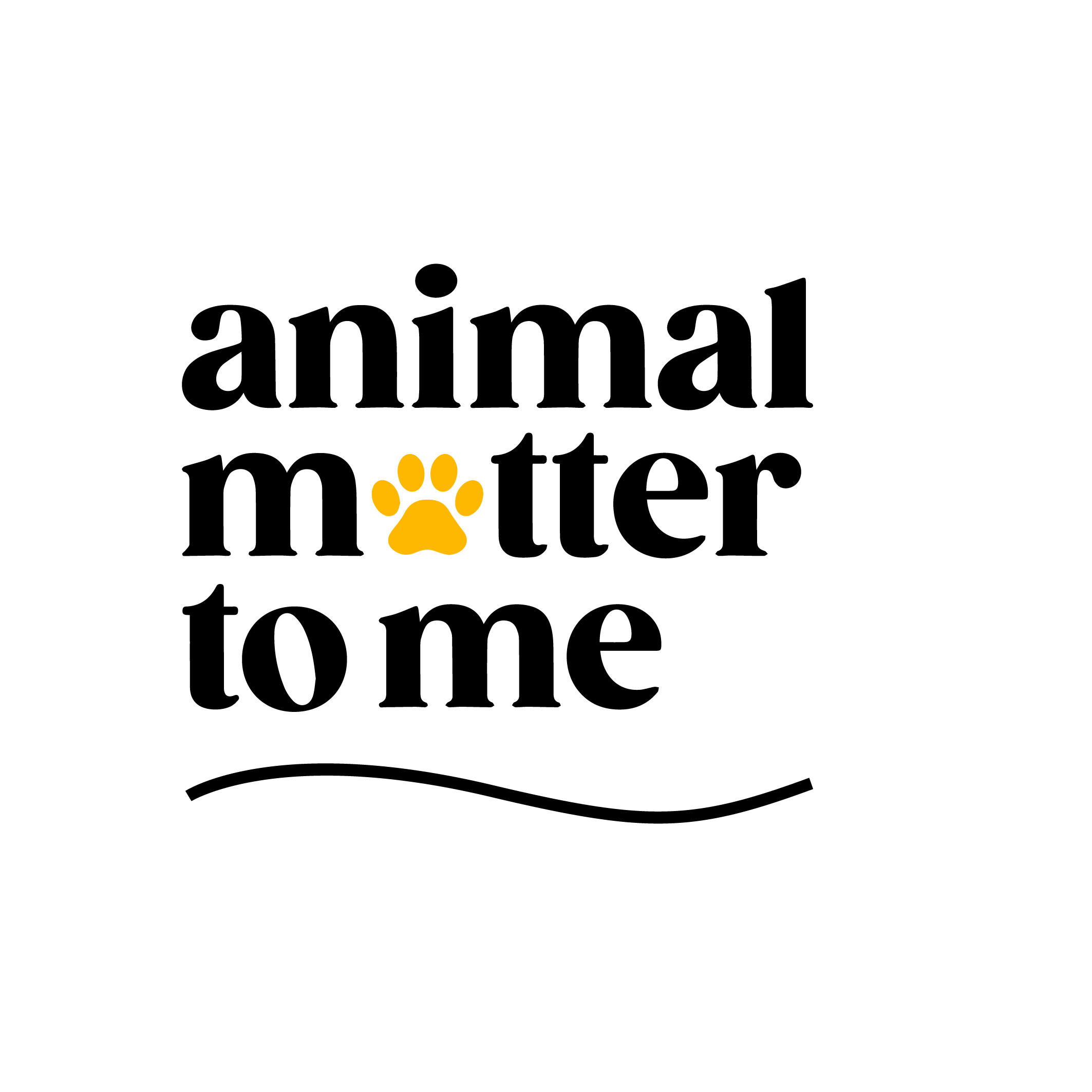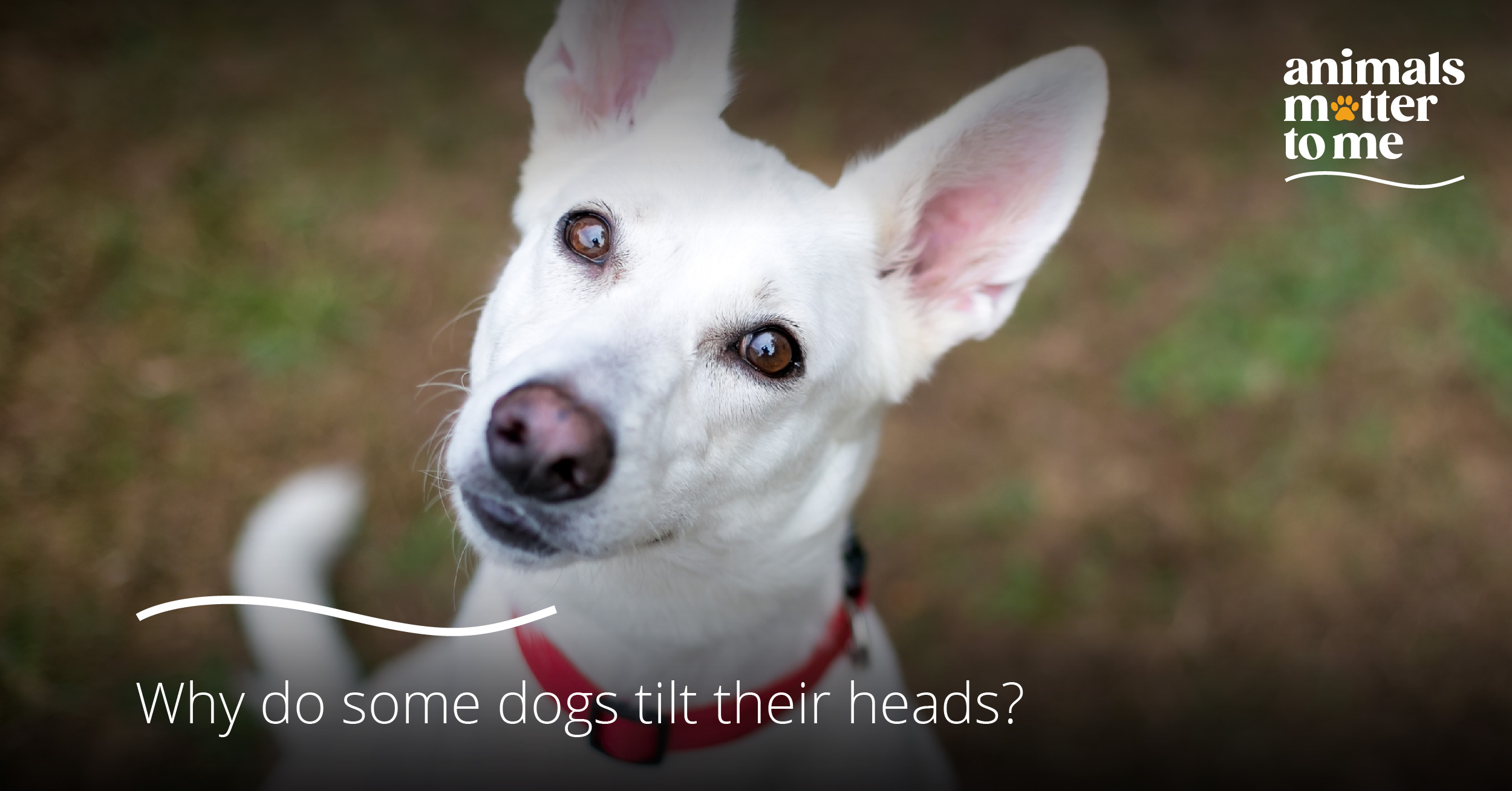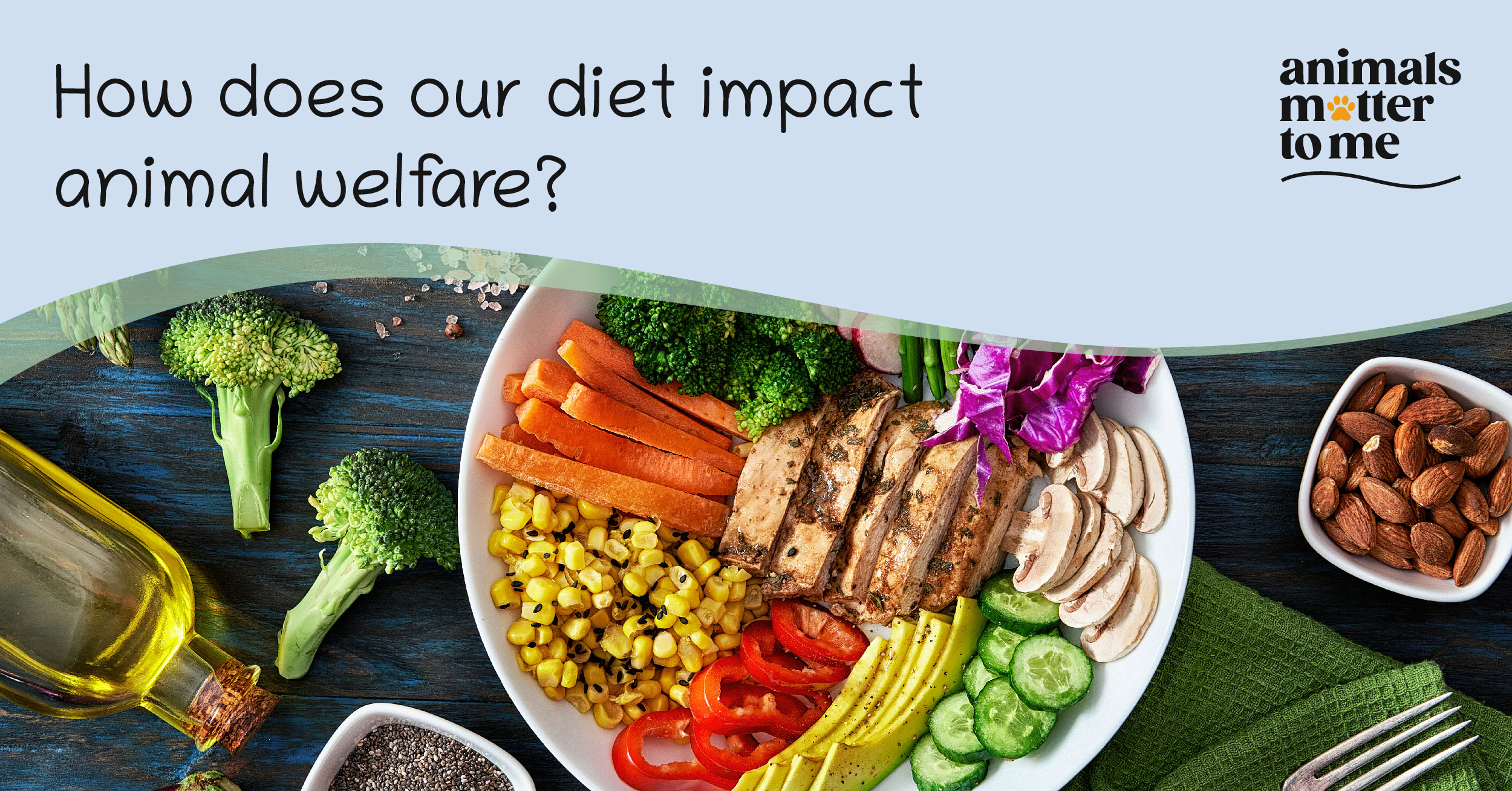When you talk to a dog, do you notice that they sometimes tilt their heads to the side? Have you ever wondered why they do this?
One reason is that they want to see our faces better. Dogs have a wider field of vision than we do but because their muzzles obscure part of their vision, they tilt their heads to get a better look at our faces. Some dogs tilt their heads more than others. This may be due to the size and shape of their muzzles. Dogs with larger muzzles often have difficulty seeing our faces, so they may be more likely to tilt their heads. Another reason may be the breed of the dog. Some breeds such as Cocker Spaniels and Poodles are more likely to tilt their heads due to the long muzzles they have, which obscures their vision.
Another reason for head tilting is that dogs observe our facial expressions and body language and use it to communicate with us. When they tilt their heads, they may be trying to get a better view of our facial expressions and body language. This can help them understand what we’re trying to communicate.
Finally, it’s possible that head tilting is simply a learned behaviour. If we consistently respond positively to a dog who tilts its head, they may learn that this is a good way to get our attention.
Whatever the reason for head tilting, it’s clear that dogs use this behaviour to better understand or communicate with us. So the next time your dog tilts its head, take a moment to think about what it might be trying to tell you!




